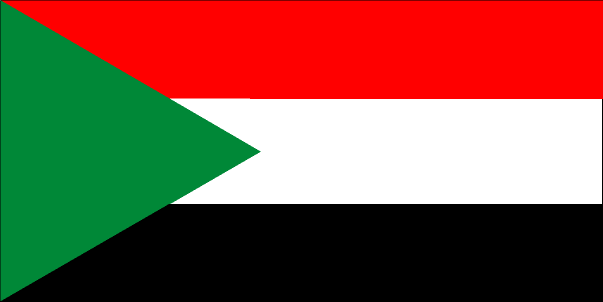Login form
Customs of Sudan
Marriage and Family
 A marriage represents the joining of two families, and its arrangement concerns all members of both families. Such arrangements, however, are rarely made without the approval of the potential spouses.
A marriage represents the joining of two families, and its arrangement concerns all members of both families. Such arrangements, however, are rarely made without the approval of the potential spouses.
The traditional Sudanese family is strongly patriarchal. Three generations of males and their spouses and children usually live in the same household, although in cities such as
Eating
Sudanese cuisine has been influenced by Arabs who came mostly from
In parts of the country, notably the south, the diet has been greatly affected by drought and war. The Azande people have traditionally based their diet on their own agricultural production, supplemented by hunting. The Dinka are pastoral people who traditionally raised herds of cattle, sheep, and goats for their livelihood. However, malnutrition is now widespread, and many people survive on food supplied by international relief agencies, when circumstances allow them to provide it.
Socializing
The northern Sudanese are formal yet cordial in greeting friends as well as strangers. A firm but gentle handshake with a member of the same sex is always in order, and friends frequently embrace. A man will not generally touch a woman in public, but they may shake hands if she extends her hand first. The usual verbal greeting is Salaam ’alaykum (“Peace be upon you”) or Ahlan wa-sahlan (“Welcome”), followed by Kayf haalak? (“How are you?”).
Holidays and Celebrations
The official calendar is the Western (Gregorian) calendar, but daily life is regulated by the Islamic lunar calendar. Muslim holy days (such as the prophet Muhammad’s birthday and Islamic New Year) are important, especially the feast at the end of the month of Ramadan. National holidays include Independence Day (1 January), Unity Day (3 March), and Labor Day (1 May).
Source: Encarta Interactive World Atlas

